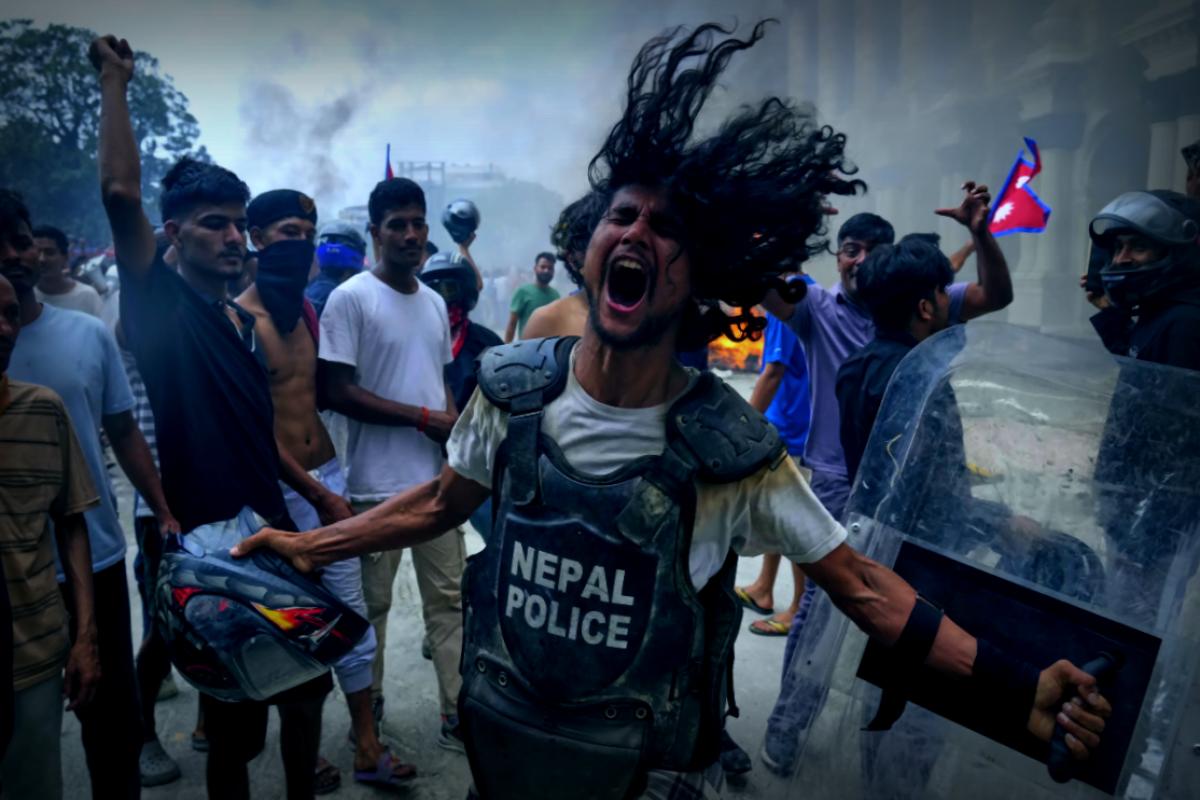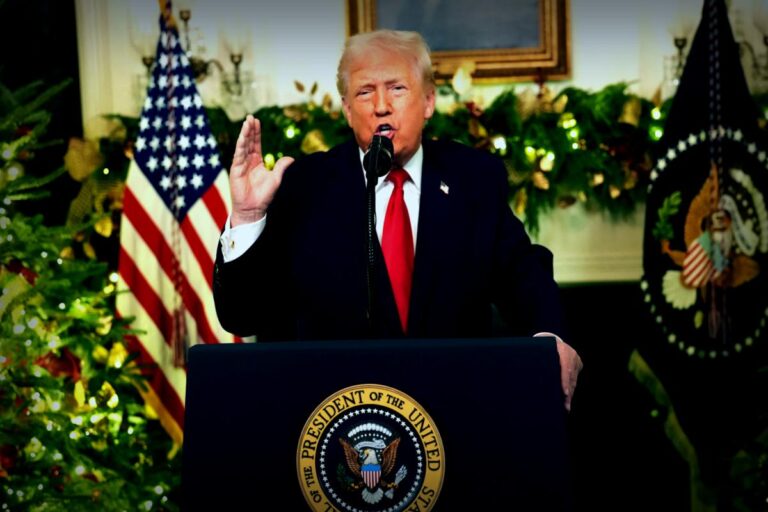Nepal has become the latest South Asian nation to witness a dramatic political change following massive protests that erupted over rampant corruption and a recent social media restriction. As tensions escalated, the Prime Minister, Khadga Prasad Sharma Oli, was compelled to step down.
This unexpected turn of events was confirmed by Oli’s press officer, Prakash Silwal, after crowds in Kathmandu, the capital, defied curfews to vandalize and set ablaze properties linked to political figures responsible for the deaths of at least 19 individuals during violent clashes with security forces the previous day.
According to protest leader Sudan Gurung, speaking through social media, “Our paramount demand is for this government to resign immediately, having lost legitimacy after the deaths of so many of our compatriots yesterday.”
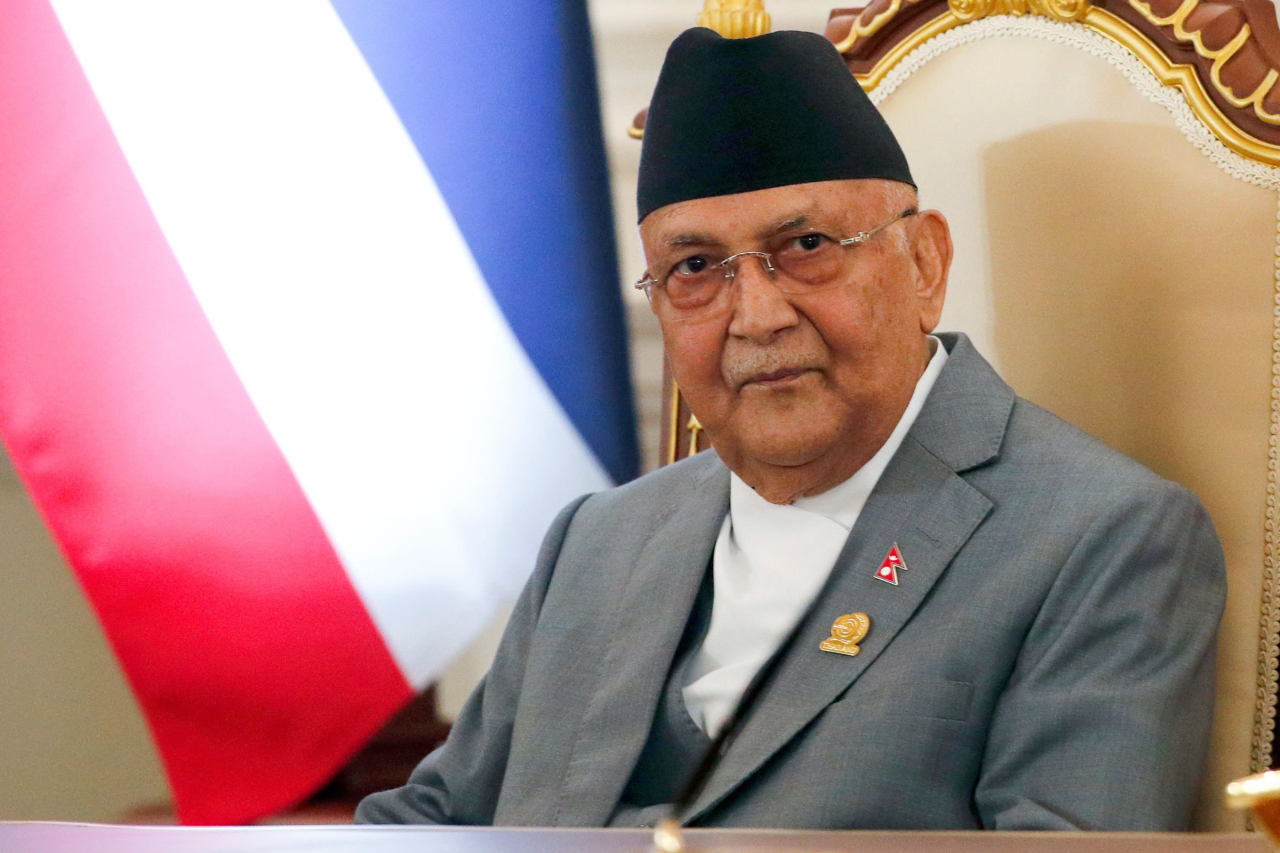
Following Oli’s resignation, Gurung quickly took to social media once more to celebrate the solidarity and victory of the protest movement.
The unrest began on Monday when a government-imposed social media ban spurred outrage. This measure – claimed to address non-compliance of social platforms with local regulations – was lifted later that same evening.
Protesters attribute their anger not only to the social media ban but also to a long-standing disillusionment over the corruption of political elites and their inability to manage the economy effectively. A significant number of Nepalese have been forced to seek jobs abroad due to the lack of opportunities within their home country.
On Tuesday, prominent protest activities included setting fire to the Prime Minister’s home while he remained at his official residence in the city. Besides premier’s dwelling, demonstrators targeted Parliament and vandalized properties tied to other political leaders.
Michael Kugelman, a South Asia specialist in Washington, noted, “A considerable segment of the population, especially the youth—who represent a large demographic—feels that their grievances are inconsequential to their leaders.”
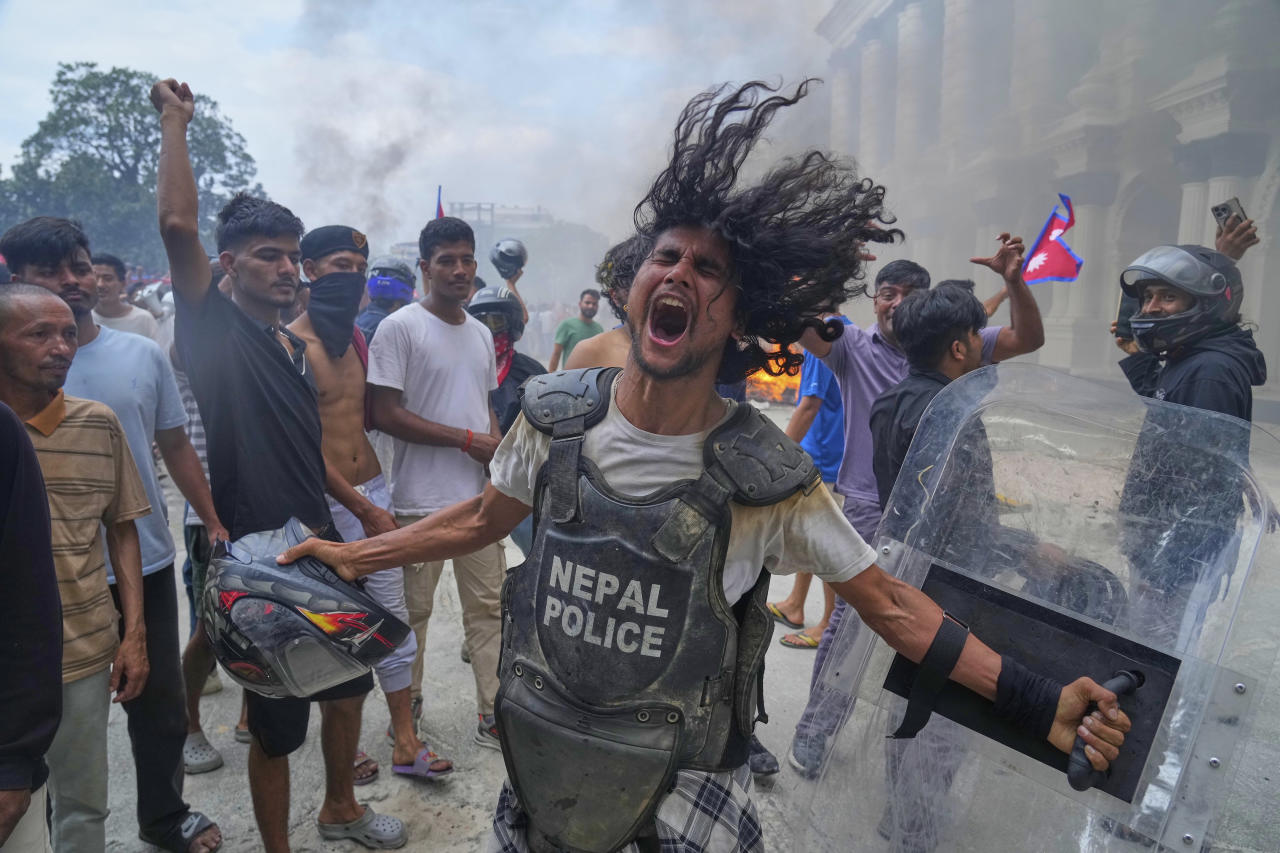
This wave of protests mirrors similar discontent rallying across various Asian nations in recent years that has led to government uprisings. Last year, students in Bangladesh managed to unseat their government, and Sri Lanka’s leader fled in 2022, amid widespread unrest. Cities across Indonesia have also seen protests as residents voice the distress felt amidst widening inequality.
Although distinct in their circumstances, these crises share a common thread of youthful frustration with enduring economic hardship and careless governance from leaders seemingly disconnected from the realities of everyday citizens. Kugelman explained, “Populations experience a sense that their governments haven’t adequately addressed ongoing issues like unemployment and increasing prices.”
In Nepal, there’s growing skepticism surrounding how politicians live lavishly off of relatively modest government salaries, while many citizens only see a chance at improving their livelihoods through sometimes perilous overseas work. The contributions from Nepalese migrants form a substantial part of the national economy, equating to about a third of the country’s GDP.
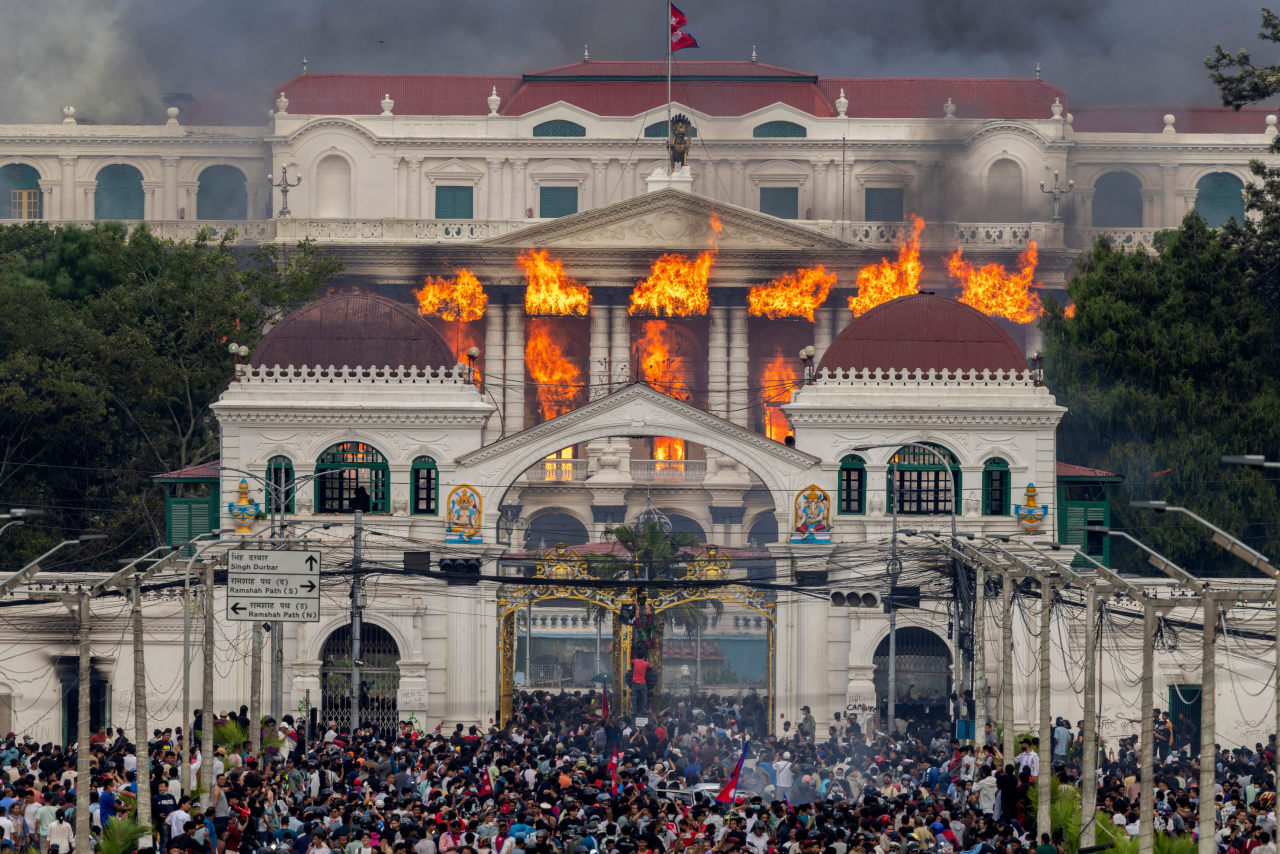
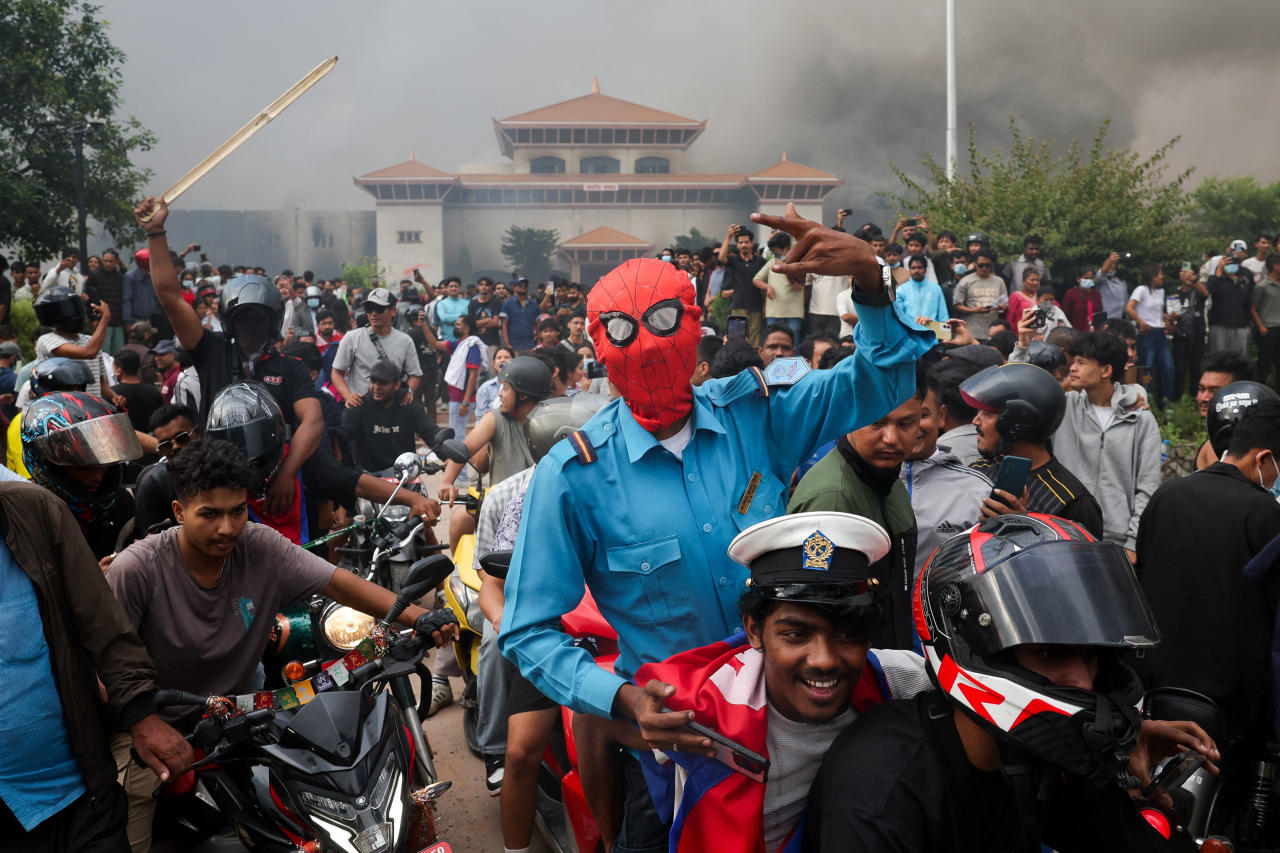
In light of the prime minister’s exit, senior military officials and heads of security agencies have appealed for calm, urging citizens to halt further violence and engage in peaceful political discussions. Protestors are now advocating for a transitional government requisitioning representation from youth.
Similar situations in Bangladesh and Sri Lanka following periods of unrest reflect struggles as new administrations attempt to deliver on reform promises while grappling with the realities of fragile economies in an unpredictable global financial landscape exacerbated by previous U.S. policy changes.
Despite the challenges that lie ahead, those protesting in Nepal displayed optimism with Oli’s resignation. “We did it!” cheered Gurung in another video update. “The future is ours!”
To reach Krishna Pokharel, email krishna.pokharel@wsj.com





